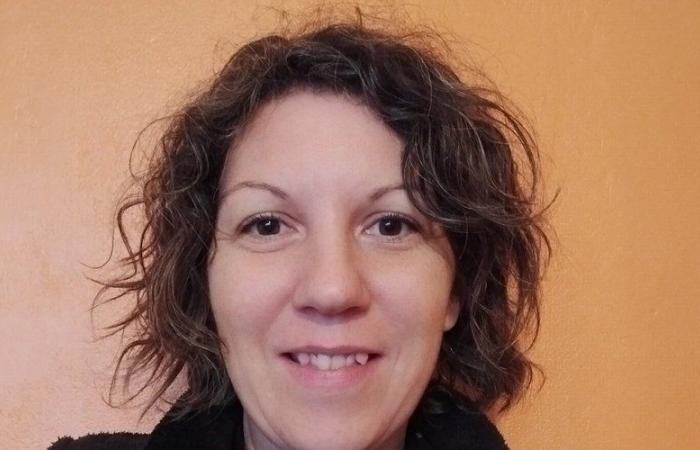
A meeting organized this Saturday, November 16, at the Jean-Bonfils room in Nîmes, in the presence of Johanna Luyssen, deputy head of the newspaper Libération and author of Solo Mothers, the invisible fight.
38,000 single-parent families in Gard, including more than 80% of “solo moms”. This is the observation made by Emmanuelle Andorin, representative of the Solo Family Cooperative in Uzès.
This Saturday, November 16, she is participating in a round table around the challenges and solutions for these parents at the Jean-Bonfils room in Nîmes, organized by the MoDem du Gard. A worrying situation, especially since, over the past twenty years, the number of single-parent families has doubled in France, according to her.
A round table to address challenges and solutions
At the initiative of the MoDem du Gard, a round table is organized this Saturday, November 16, from 10 a.m. to noon, at the Jean-Bonfils room in Nîmes. A meeting hosted by Aurélien Colson, president of the MoDem du Gard and which brings together Johanna Luyssen, deputy head of the society department at the newspaper Libération and author of Mères solos le combat invisible; Emmanuelle Andorin, from the Famille Solo cooperative in Uzès; Mireille Lachaud, administrator of the national union of family associations (Unaf); Martial Jourdan, from Tiers-lieu 21 in Uzès and Véronique Obé, from the National Federation of Single-Parent Families. At the end of the discussions, a friendly drink will be offered.
Saturday, November 16, from 10 a.m. to noon. Salle Jean-Bonfils, 40 rue de Mascard (Saint-Césaire), Nîmes. Free entry, registration at: [email protected].
A complicated return to work
“What emerges most from the testimonies is the difficulty of returning to work. We want to work, but it's complicated. Because very quickly we address our issues with employers, that is to say say the fact that we can't work on weekends, that we have to leave at 6 p.m…. And quickly, that slows them down”explains the Uzétienne.
Many people therefore put their careers on hold or live with RSA. A tense financial situation which leads them into a financial spiral. “This is a point that is not often discussed, perhaps out of shame. But the difficulty of filling your fridge at the end of the month does exist”she insists.
The risk of social isolation
Complexities that the young woman knows well. Following a romantic breakup, she found herself “they suck alone” in 2018 with three children in his care.
“It was a complicated separation, especially regarding childcare. And I wanted something positive to come out of all this chaos”. She then created the Solo Family Cooperative in 2023, which brings together around fifteen members, to allow people in the same situation to exchange ideas with each other.
“And just the fact of meeting each other is huge. Because very often, when childcare turns out to be complicated (due to lack of places or because it is too expensive, Editor’s note)we find ourselves in a vicious circle, no longer wanting to go out and we find ourselves socially isolated”she specifies.
A mental load that explodes
The round table organized this Saturday therefore aims to give a voice to these mothers, but also fathers, and above all, to find solutions to improve their daily lives.
“We have already started discussions with the mayor of Uzès, to try to find solutions for childcare. But what would be good is for more mayors to take measures like that of Ris-Orangis”she mentions.
Stéphane Raffalli, the mayor of the commune, has in fact created a municipal status for single-parent families in May 2024, bringing together twenty-one measures divided into six components: access to rights and health, employment, housing, childcare, mobility and right to respite. “And the respite is very important, because for single parents, the mental load explodes between logistics and account management”underlines Emmanuelle Andorin.
La Gardoise also says it is very attentive to the measures announced by the Government, and eagerly awaited, such as the tax exemption of alimony or the aid from the Caf for the care of children under 6 years old, which should extend to children under 6 years old. – 12 years for single-parent families by the end of 2025.
“The idea is that all the actions mentioned during the round table are brought up to the national level. That we make our voices heard”she concludes.





